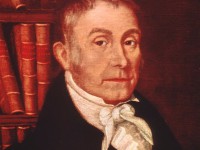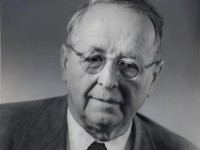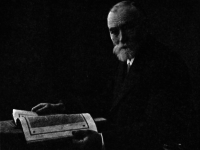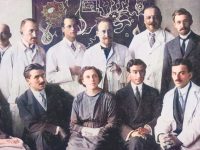Ephraim McDowell – the Father of Abdominal Surgery
On Nov 11, 1771, American physician and pioneer surgeon Ephraim McDowell was born. The first person to successfully remove an ovarian tumor, he has been called “the father of ovariotomy” as well as founding father of abdominal surgery. Ephraim McDowell – Youth and Education Ephraim McDowell was born in Rockbridge County, Virginia, the ninth child of Samuel and Mary McDowell. His father was a veteran of the French and Indian War and a…
Read more











